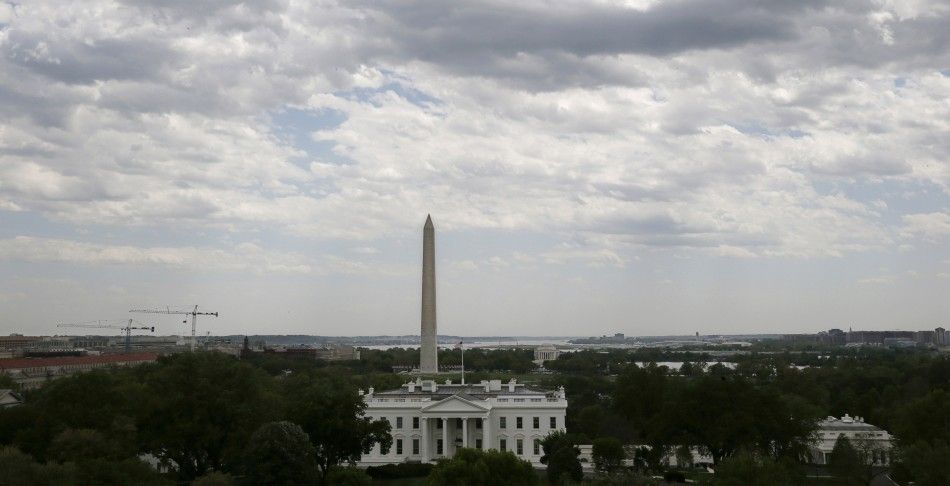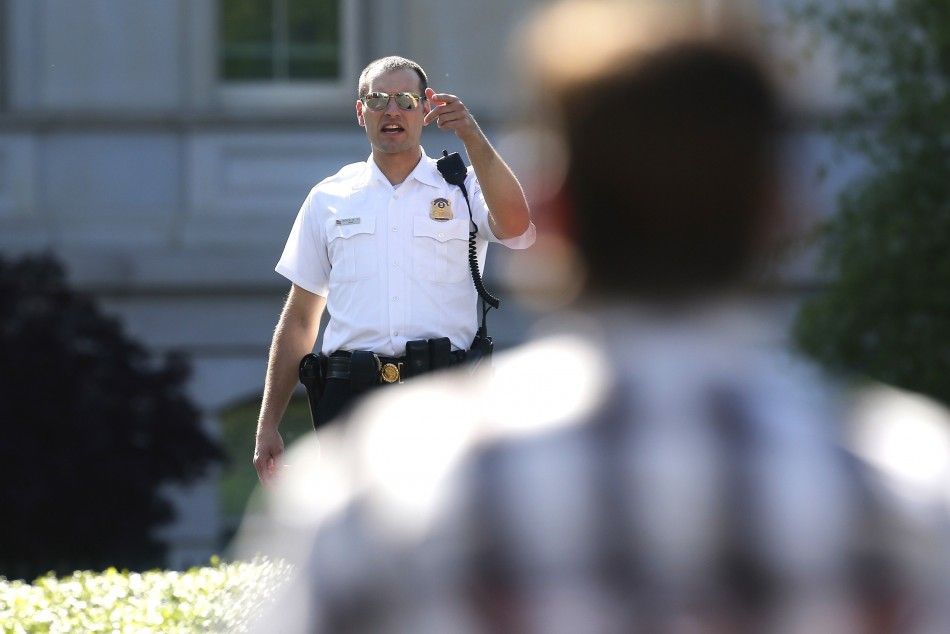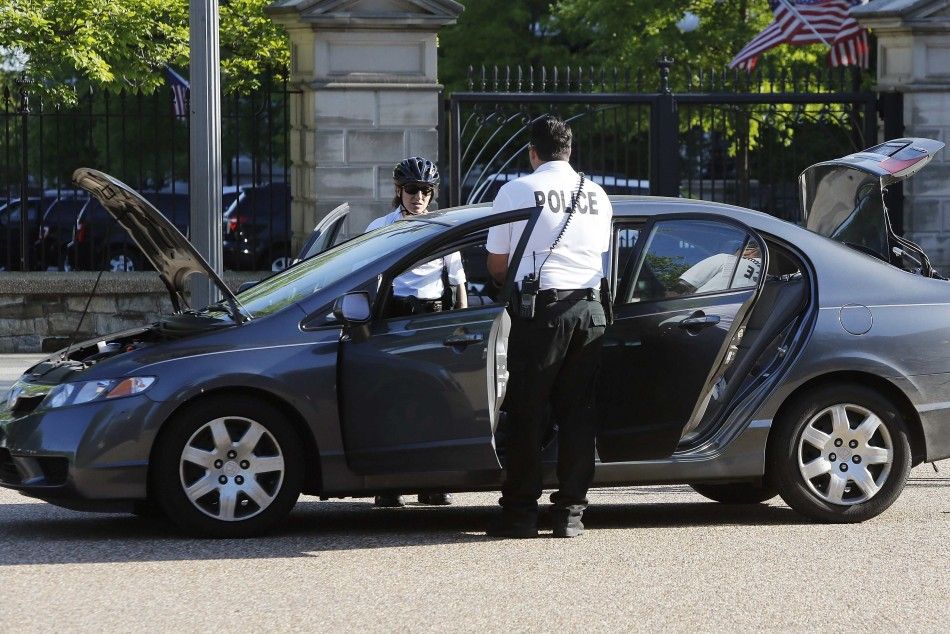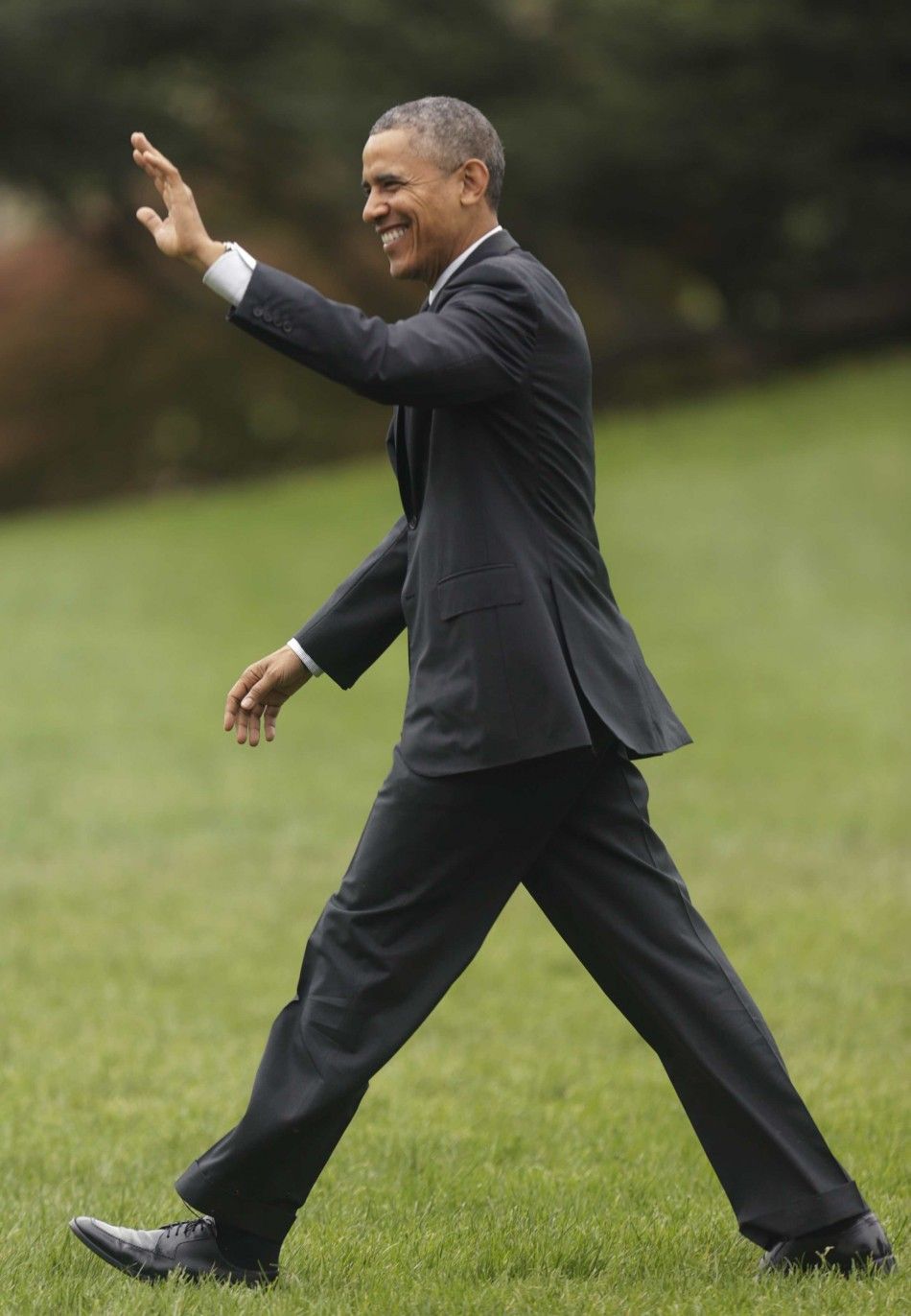White House Down, Secret Service Goes Berserk After Car Sneaks into Obama’s Daughters’ Motorcade (PHOTOS)
U.S. Secret Service went berserk and haywire on Tuesday when a man driving a gray Honda Civic was able to breach protocol and joined a motorcade carrying the Obama daughters through a security checkpoint near the presidential mansion.
The man, identified as Internal Revenue Service employee Mathew E. Goldstein from Maryland, has been charged with unlawful entry. He has been released after appearing in court on Wednesday. His next court date is set for May 21.
Charging documents released on Wednesday explained how Goldstein was able to get past the security perimeter, who seemed to have joined the motorcade only by accident. On Tuesday at 4:32 p.m., the motorcade made a left turn into the gate at 17th Street and Pennsylvania Ave. It was revealed that Goldstein's car closely followed the final car in the motorcade. He was only less than five feet behind, making the blockades unable to rise in time to block him from entering.
A U.S. Secret Service said on Wednesday that Goldstein simply made a mistake and was just confused about D.C. roads because he doesn't come to Washington often. Goldstein didn't even know he was already trailing behind a presidential motorcade.
Goldstein was able to proceed beyond a 'Do Not Enter' sign as well as two rows of large metal bollards, charging documents said.
"He was at a function downtown with colleagues, and said he was just checked out mentally and confused," the Washington Post quoted an unidentified official familiar with the incident. "It seems to be bad luck on his part."
Secret Service spokesman Edwin Donovan said Goldstein was "immediately stopped by Uniformed Division officers" and subsequently investigated. His car was towed to a lot in Southwest for "safe keeping," charging documents said.
The White House was locked down for more than an hour after the incident.
A former agent told Washington Post inadvertent breaches during presidential motorcades are not uncommon. It happens dozens of times a year.
"Obviously, any failure is basically viewed as unacceptable with the Service," W. Ralph Basham, the agency's director from 2003-2006, said.
"It's the human element," Basham said. "You're not expecting to see something like that and when it's that quick, being able to react in a timely fashion is challenging."


























